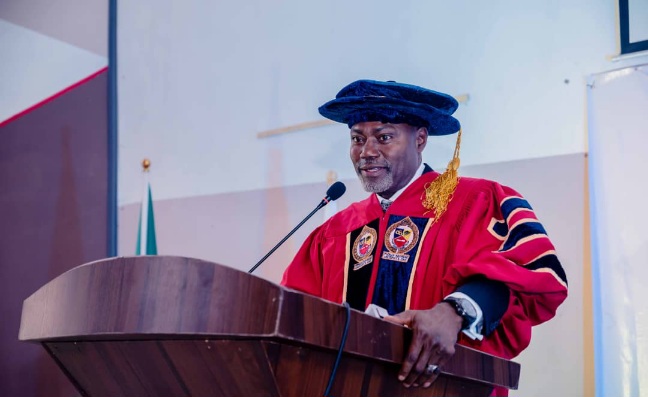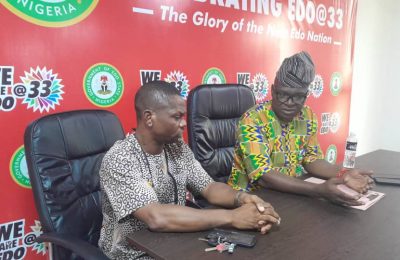A legal icon in Nigeria, Yusuf Olaolu Ali (SAN), has stressed the need to decolonize Africa’s education system in order to empower the next future generation.
Delivering the first distinguished public lecture at the Thomas Adewunmi University, Oko, Kwara state at the weekend, Ali, who said that Nigerian education system was greatly impacted by British colonial domination, added that, “Rather than meeting the requirements of the native population, the British formal education system was designed to serve the interests of the colonial government”.
He, therefore, said that Africans, especially, education stakeholders in Africa, need to decolonize their brain, thoughts, ways, actions, outlook and work ethics as part of measures to decolonize African education.

He also said that African leaders should promote use of local languages for impactful academic activities.
“During the colonial era, producing clerks, interpreters, and low-level administrative staff to support the colonial administration was the main objective of education. The goal of the educational system was to further the interests of the colonial authority rather than to empower the indigenous populace”, he said.
The legal icon also recommended that Africa should implement curricular revisions that reflect African viewpoints, aimed at empowering indigenous languages in education, and fostering culturally relevant pedagogy.
He said that it is important to de-emphasize educational certificates, adding that Africa should decolonize educational assessment and evaluation.

The legal luminary also called for adequate funding to support research and policies geared towards decolonization, adding that both teachers and students, “who are critical stakeholders in the education sector”, should be empowered.
“Decolonizing professional development for teachers is critical, as recognising and valuing indigenous knowledge. Furthermore, assisting teachers in incorporating technology into school is critical for modernising the learning process.
“Decolonizing educational spaces requires redesigning physical learning environments, establishing inclusive and secure spaces for marginalised groups, and fostering conversation and critical thinking in classrooms.
“Promoting African-centered research methodology, forming collaborative research relationships with African scholars, and addressing ethical concerns in African education research are all critical steps towards decolonizing educational research.
“Promoting student agency and voice, eliminating gender inequalities, and expanding access to high-quality education for everyone are all priorities”, he said.
READ ALSO FROM NIGERIAN TRIBUNE







